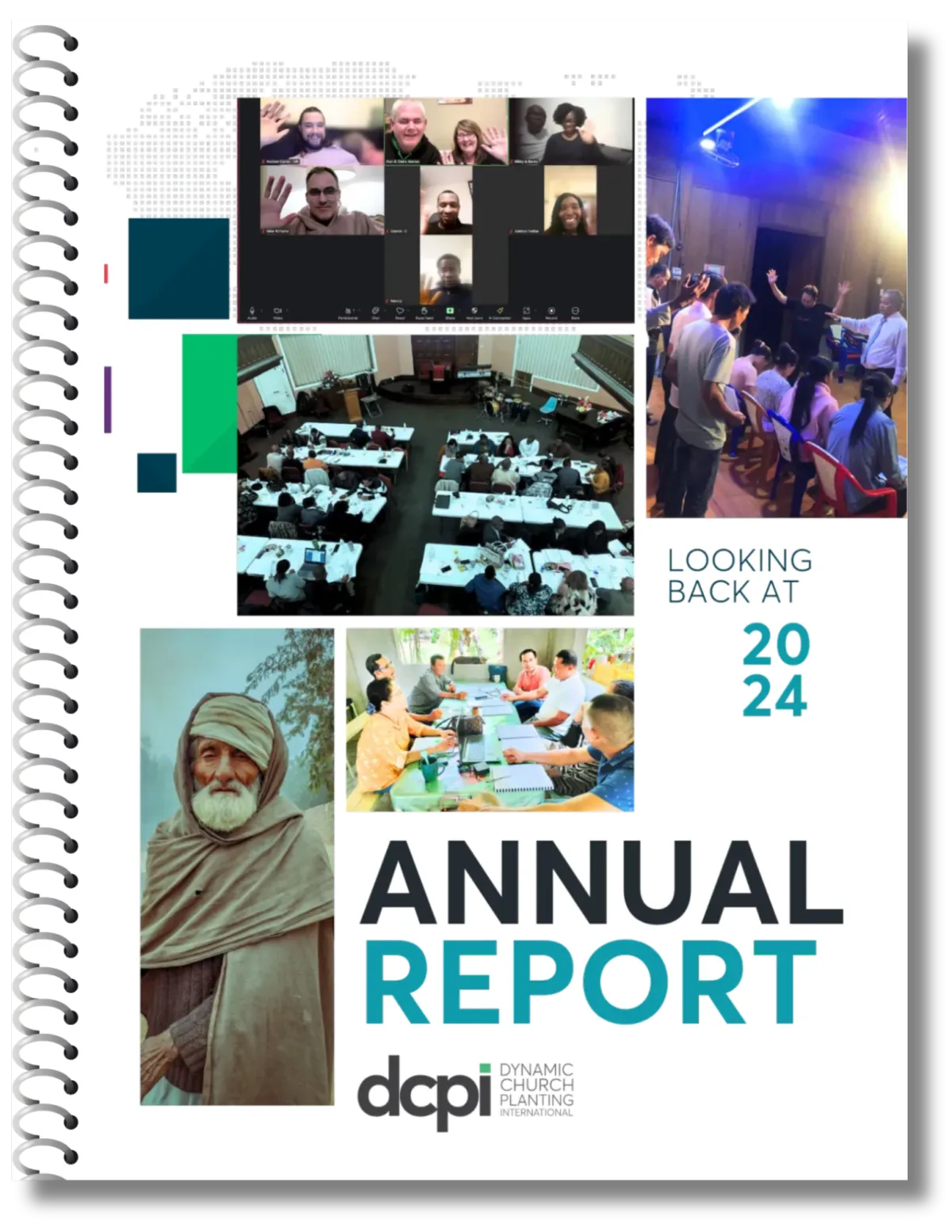OOPS!
Looks like you've landed on a page that no longer exists. Click one of the links below or check the header or footer to get where you want to go.

About DCPI
EIN Number: 33-0647375
News & Events
© 2025 Copyright Dynamic Church Planting International, All Rights Reserved.
Disclaimer
When you submit your information through a form on this website, your information will be stored in our secure database. By submitting your information, you are agreeing to allow us to communicate with you via email and SMS Texts. Additionally, if you have attended a DCPI training, your name will also be added to our secure database, and you will begin to receive email communications from DCPI. These emails include but are not limited to DCPI stories, training updates, prayer requests, general information about DCPI, links to make a donation, buy a DCPI logo product, learn more about our system of training, and other DCPI-related content. If you wish to stop receiving these emails and SMS Texts at any time you may unsubscribe, by emailing [email protected], and we will happily remove you from our email list.

